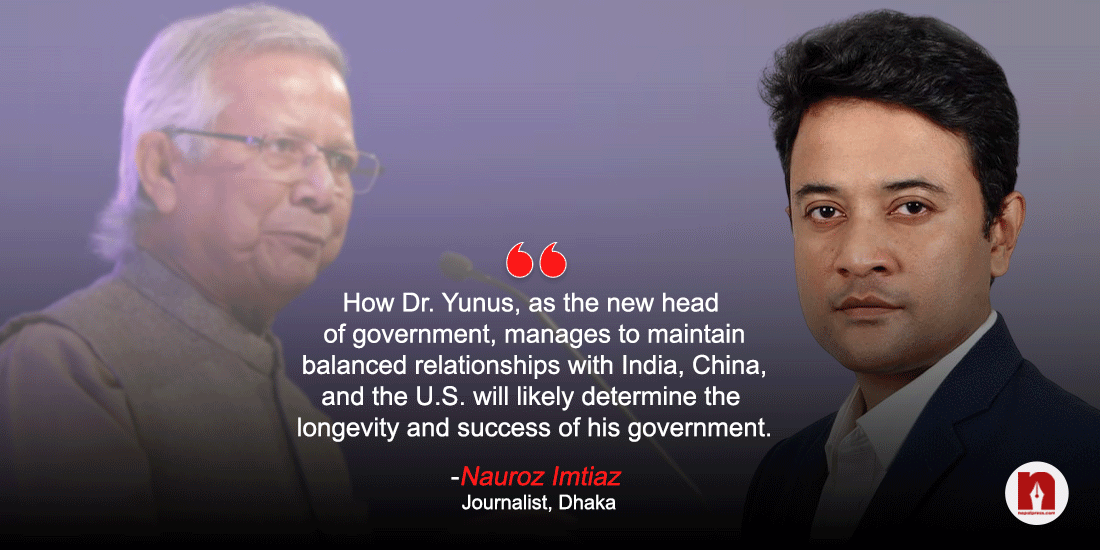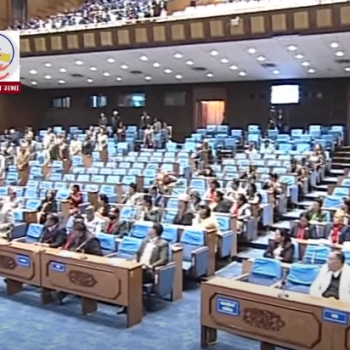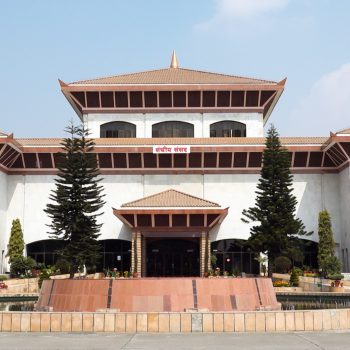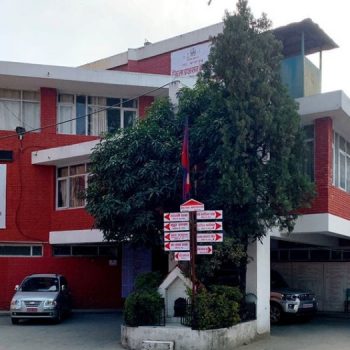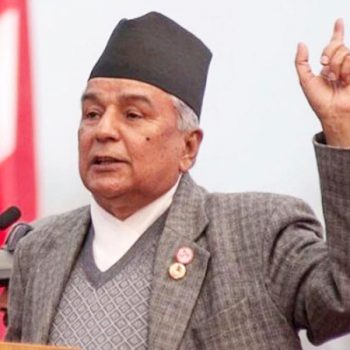Unveiling the untold struggles of teachers in Nepal

KATHMANDU: A teacher from a well-known school shared her experiences, expressing that she feels a lack of respect despite working in a reputed institution. While she has a good reputation in society for being associated with a respected school, she faces various challenges beyond just teaching. Her struggles revolve around maintaining her health, dealing with immense pressure, and constant fatigue. During a recent conversation, she hinted at contemplating a different path for her future. This raised questions about the crucial role teachers play in the education system, regardless of its scale – be it international, national, or local. The fact that a teacher in a prestigious school is grappling with health issues suggests that teachers might not be heard; they are often viewed merely as individuals carrying out their duties. This realization prompted me to delve into the issue. After talking to numerous educators, both young and experienced, it became evident that many are unhappy in their profession. They feel blamed, ignored, and unheard. This write-up aims to shed light on the significant issue of the teacher’s role and well-being in the education system.
I met a young teacher who works with elementary school students. She got into teaching because of her parents and other reasons, even though it wasn’t her first choice. According to her, teaching isn’t tough when you know the content well, but the challenging part is how people perceive teachers. People think teachers don’t have personal or social lives, and once they have a job, they have to work all the time. A surprising and sad aspect is that she can’t even sit while in class; she has to take attendance, check exercise books, and it’s tough on her back. At just 23, she’s facing back problems. She also mentioned working on public holidays and staying late for meetings. She comes home exhausted, doesn’t feel like eating, and can’t even spend time with family. The problem, she emphasized, isn’t the subject content but how the system operates. Teachers need rest, hydration, and time for planning and research. It’s absurd that teachers can’t sit while teaching. A literature teacher, for instance, should be able to tell stories while holding students’ attention. This might seem simple, but it’s a complex issue that needs understanding and attention.
I also discussed with one lecturer from a well-known college where he shared that there’s no space for teachers to sit down and discuss and plan. He expressed feeling like he’s treated merely as a worker and not recognized as an educator or motivator—the central figure in the education system. He described his experiences with bitterness, expressing the thought of working abroad where the job might be better valued. He finds it disheartening that his profession isn’t given the respect it deserves. The lecturer emphasized that many young minds come to the college, but if lecturers don’t engage with students effectively, these bright minds end up learning very little. It’s crucial to understand that the teacher is the leader in the college, regardless of how good the system or curriculum is. Without the central figure playing a significant role, the entire teaching process becomes meaningless, and this needs to be taken seriously.
While I was traveling to Lalitpur for a few days, I had to rely on public buses as the place was quite distant. Since the buses operated hourly, I happened to meet a teacher from a government school during these continuous journeys. She shared that despite securing a job in a government school, she’s not very happy with her profession. She mentioned the challenges she faces, such as having to stand and teach, having too many classes, and the lack of tables and chairs in the classrooms.
I asked her how she handles the exercise books, and she explained the difficulty of the situation. Listening to her story, it became clear that working in a government school comes with a lot of dissatisfaction. This raises the question of whether the government truly understands the problems teachers face. The most critical factors in the education system are the teachers, and they need to be provided with facilities, taken care of, understood, listened to, and respected.
Without these considerations, we can’t expect teachers to perform their duties efficiently. To bring about positive changes and development in the education system, stakeholders and policymakers must take these issues seriously.
There is a belief that in progressive educational institutions, teachers often feel undervalued and are perceived as mere paid workers. The essence of progressiveness should extend beyond curriculum or modern buildings; it should involve fostering innovation in teachers. When teachers feel respected, heard, and understood, they naturally become more innovative.
Some argue that providing good facilities and understanding may lead to laziness among teachers, causing them to slack off. However, it’s unfair to generalize and categorize all teachers in the same way. Not all teachers can be put in the same basket because a few may not be performing well. Punishing all teachers for the shortcomings of a few is not justified.
Regarding this issue, I visited both government and private schools and engaged in brief conversations with teachers. I asked questions to understand their experiences, and many expressed dissatisfaction with their profession. The primary issue is that they often feel perceived as less capable individuals who ended up teaching because they couldn’t secure more important jobs.
I also observed that some younger teachers see teaching not as a dedicated profession but as a temporary way to pass the time until they find another job. I noticed a lack of enthusiasm among them for research, learning, and professional development in teaching. Most educators tend to blame the system or the institution, with some expressing frustration. Sadly, I found that a few teachers view teaching as just a pastime, which is disheartening.
Education and teaching are crucial for every country’s development, regardless of its current state. There’s a saying that if a country is to regress, it’s because of poor education. Therefore, education and teaching should be taken seriously. Teachers play a central role, and no matter how impressive the infrastructure or curriculum is, without dedicated teachers, the entire education system suffers.
It doesn’t matter how well-trained, experienced, or qualified teachers are; unless they have the right atmosphere to teach freely and feel motivated, the education system and teaching quality deteriorate. Teachers must be respected, valued, and listened to because they are the facilitators. Taking the role of facilitators seriously and ensuring they feel appreciated is essential for them to provide quality service.
The data I’ve gathered is extensive, but due to limitations, I can’t include everything here. In summary, the most crucial element in a country’s education system is the teachers. They consistently remain at the core, regardless of the quality of the curriculum, infrastructure, training, and other factors. Regardless of the discussions, meetings, or resources provided, if the central characters, the teachers, are not treated well, the entire education system suffers.
Teachers must be listened to, understood, and respected. They should not be perceived as less capable or mere paid workers; they invest their thoughts in their students and their profession, ending each day reflecting on their work. Regardless of their background, teachers deserve to be valued for their dedication to their field. The objective of this article is not to criticize any institute, organization, or individual but to alter perceptions about teachers and emphasize the importance of valuing these central figures in the education system. If anyone takes this personally, I apologize; the intention is solely to advocate for proper recognition of the pivotal role teachers play in building a robust education system.







